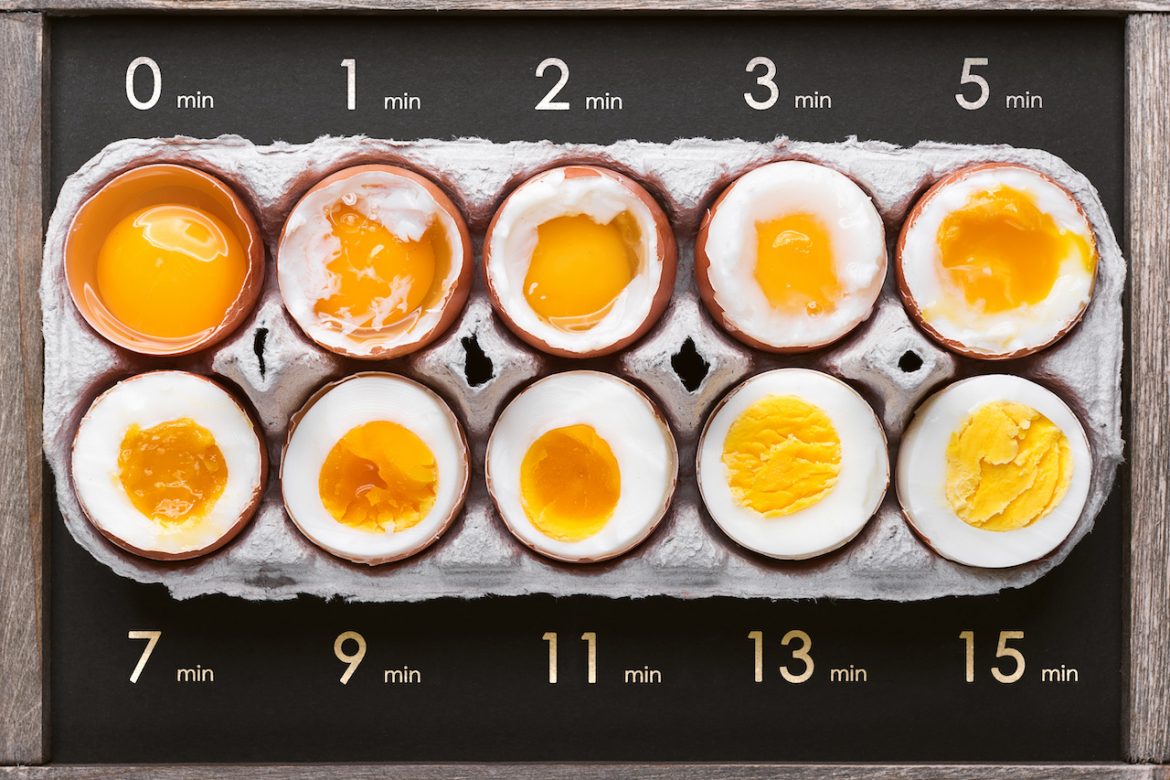The basic of cooking always starts with how to boil eggs. Not simply because it sounds easy, but because eggs are in fact one of the superfoods to be considered in your diet. They are highly nutritious and are an excellent source of protein.
In today’s society, the emphasis has been laid continuously on food items with high levels of cholesterol. Eggs have a considerable amount of this substance, which an be a significant health concern for some. That notwithstanding, it is still safe to eat eggs, especially with its numerous nutritional benefits.
Eggs can be prepared and eaten in several ways. They can be boiled, fried, or even scrambled. Although these methods of preparation are quite healthy, boiled eggs have the advantage of being made without any oily or fatty complements. Hence, this method is less fatty and poses little risk to patients suffering from hypertension, obesity, or other ailments.
It goes without saying, then, that knowing how to boil eggs in detail can be a massive benefit to anyone.
What You Should Know About Eggs
Most eggs are laid by the female of animals. These animals include reptiles, birds, amphibians, and some mammals. As a food source, eggs have been eaten for thousands of years by humans. The best eggs you can eat for food are chicken eggs, duck eggs, and others. Moreover, egg yolks and whole eggs contain considerable amounts of protein and chlorine.
Due to its protein content, the United States Department of Agriculture formerly categorized eggs as meat within the food guide pyramid. During production, eggs are usually candled to check their quality. Regardless, here’s how you should prepare your eggs.
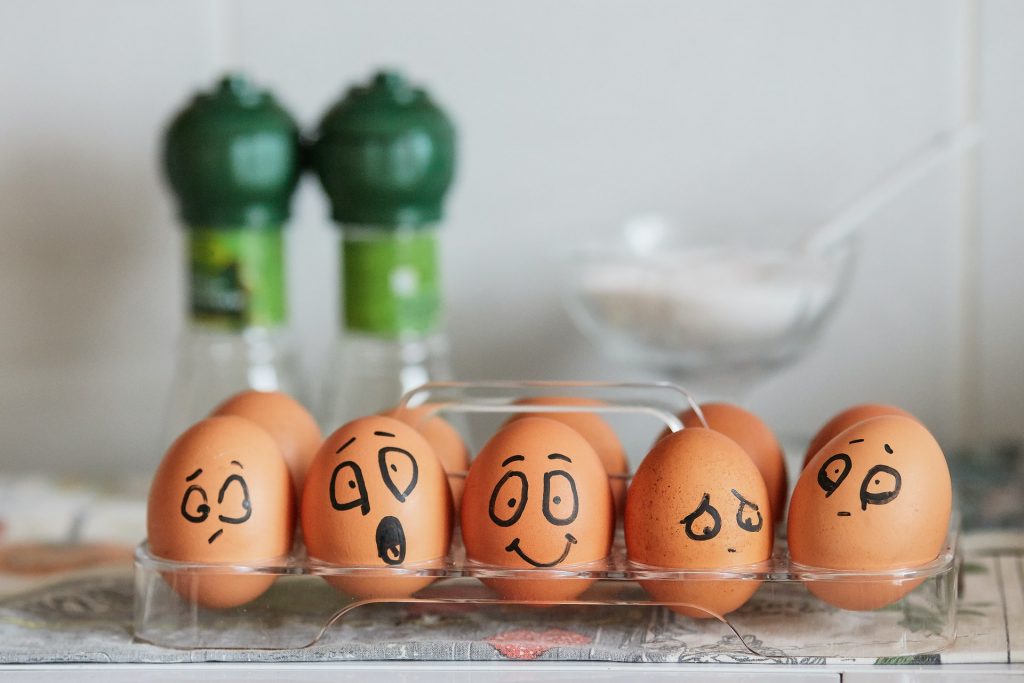

Several options are worth considering when boiling your egg. You may consider producing soft boiled eggs, hard-boiled eggs, or onsen eggs. This article is designed to guide on how to boil eggs and subsequently get the results you desire, be it nutritional or medical or a recipe for your diet.
Boiled Eggs
Boiling eggs is one of the various alternatives that can be used to prepare them for consumption. There is a need to know how to boil eggs, as they’re quite the staple in many people’s diets. Plus, it’s a very accessible food source as well. Notably, boiled eggs are so nutritious that you can almost get a fraction of all the nutrients you need from them. They can give you a lot of vitamins and minerals.
So how do you boil your egg to get perfect boiled eggs? There are different approaches on how to boil eggs, with the most popular three being the following:
- Hard-boiled eggs
- Soft boiled eggs
- Onsen eggs
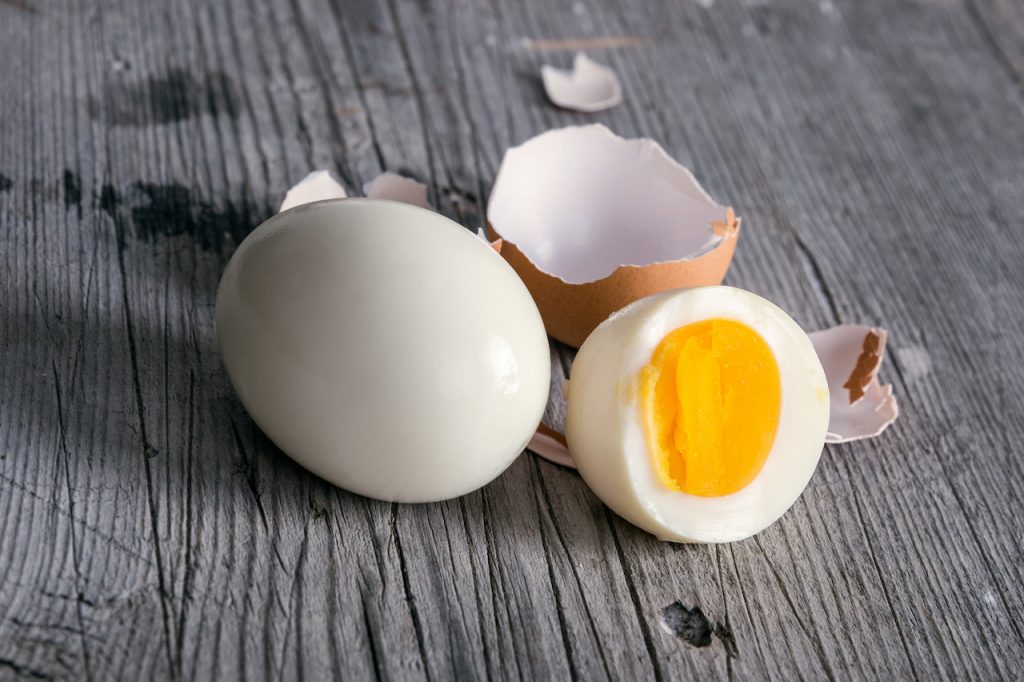

How to Make Hard Boiled Eggs
As we learn how to boil eggs, we must not forget there are different kinds of boiled eggs – one of which is hard-boiled eggs. Firstly, what is a hard-boiled egg? A hard-boiled egg is an egg that is cooked so that the white part and the yolk part both solidify. How then can you boil an egg to ensure that it hard boils? The following steps are a perfect guide to successfully hard boil eggs.
Step 1:
Fill a saucepan to about a quarter with water. Place the number of eggs you wish to cook to the single layer at the bottom of the saucepan. Make sure the eggs are covered by an inch of water. You must make sure you add more water to the pan so that the ratio of water is proportionate to the number of eggs you add to the saucepan. Also, ensure that as the number of eggs increases, the higher the level of water that should cover the eggs.
Step 2:
Apply a considerable amount of heat to the saucepan and content. Ensure it is brought to a full rolling boil. At this point, you must note that it is important to take extra care to ensure the white part of the eggs do not come out. Adding a small amount of vinegar to the water will prevent the white part from coming out in case the egg cracks. To avoid cracking, add half a spoon of salt. This will also help the egg peel easily.
Step 3:
After boiling for some time, turn off your cooker and allow the saucepan to rest on the cooker for 10 to 12 minutes. If you are using a cooker like a stove that can retain heat, you might want to lower it and allow it to simmer for a minute before turning it off.
In some instances, you can boil the egg for up to 15 minutes. Take note that 15 minutes of eggs result in extremely hard-boiled eggs. Furthermore, 10-minute eggs, and 8-minute eggs are also still considered hard-boiled. The time factor is dependent on how hard-boiled you want your eggs. Be sure not to overcook your eggs, either.
The Final Step:
Strain the hot water from the pan and immediately run cold water over it to cool them and prevent them from cooking further.
How Long Do Hard Boiled Eggs Last?
Learning how to hard boil eggs is one thing. The next matter is knowing how to store hard-boiled eggs. One of the ways is to preserve them in a refrigerator for use later. Hard-boiled eggs can be stored in the refrigerator from anywhere between four days to one week, either peeled or unpeeled.
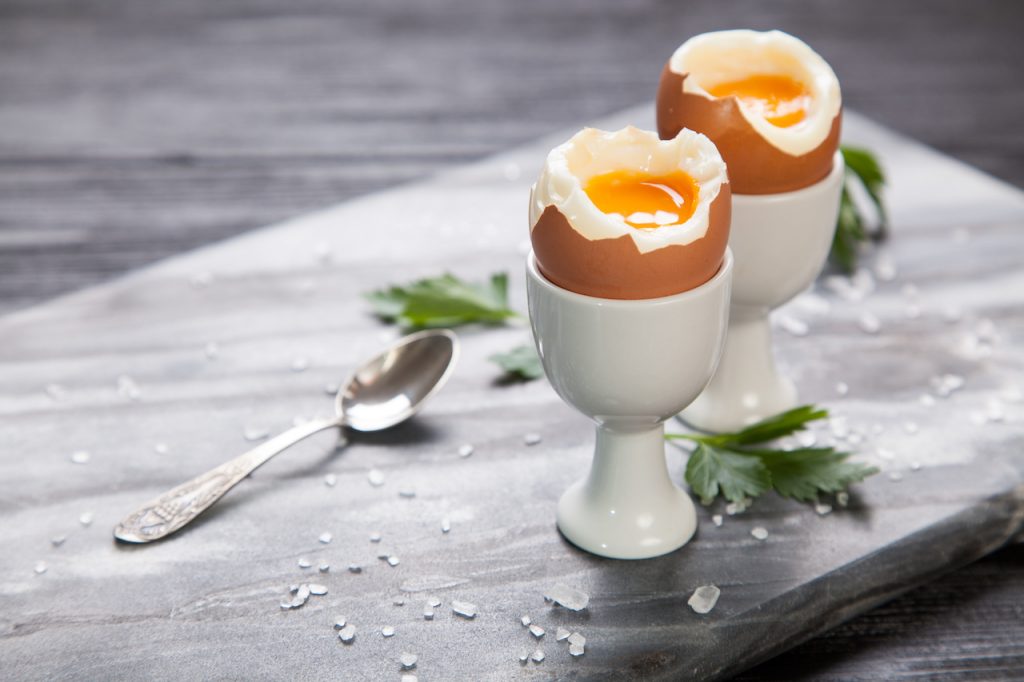

How to Make Soft Boiled Eggs
In contrast to hard boiled eggs, another method to boiling eggs is by going the soft boiled route. Soft boiled eggs are a unique variety of boiled eggs that are characterized by a thick white part and a silky yellow part. It means the yolk part of the eggs does not solidify, as is the case in hard-boiled eggs. Some people have a preference for soft boiled eggs over hard boiled eggs, which is why knowing how to boil eggs this way can be just as important.
Instructions:
- The first step is to add water to your saucepan. Add your eggs on the saucepan layer. Ensure you add a small quantity of water.
- Then, place the water on your cooking gas and heat to the boiling point.
- Once the water comes to a boil, quickly place the eggs into the boiling water using tongs to avoid burning your finger in the hot water.
- After adding the eggs, place the lid of the saucepan back and allow the egg to boil for exactly six minutes. The lid helps the saucepan hold more heat, therefore making the eggs boil evenly and cook quickly.
- After six minutes, transfer the eggs to an ice bath. This will enable the eggs to cool faster.
- After cooling the eggs, make sure you avoid exposing them to high temperatures. Any such attempt will continue to cook the egg and cause the soft yolk to solidify. This is an important point to note on how to boil eggs.
- To peel the eggs, gently tap the hard external part of the egg to avoid spilling the liquid egg yolk. Begin peeling from the fat end and rinse immediately to remove any remaining shell.
How Long Can a Soft Boiled Egg be Stored?
Soft boiled eggs can typically last for about two to three days if kept refrigerated with its shell.
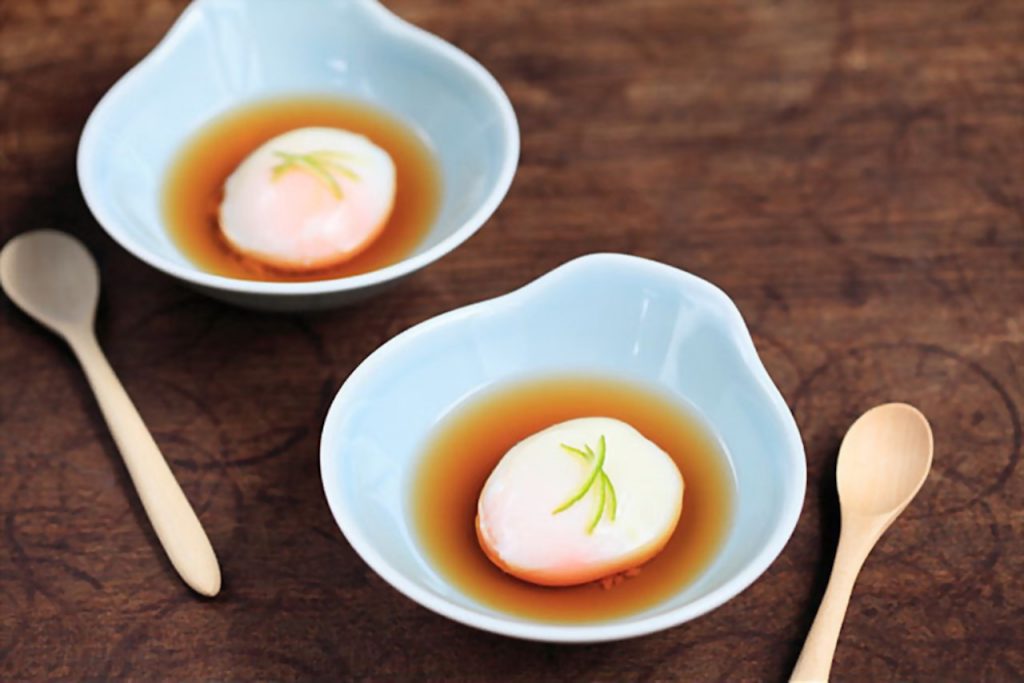

How to Make Onsen Eggs
Another method on how to boil eggs is the onsen egg preparation. Onsen egg is a traditional Japanese recipe typically cooked in the hot onsen spring. However, this doesn’t mean making onsen eggs is impossible without a hot spring. You can easily follow the steps stated below to prepare your onsen egg.
Instructions:
- Get a big pot and fill it with water. Note that the number of eggs you are cooking will determine the size of the pot to use and the water quantity you should add. Allow the water to boil first.
- Next, move the pot away from heat and allow to stay for about one minute.
- Add eggs separately and allow them to stay for 12 minutes.
- Remove from pot and transfer to ice-cold water.
- Gently crack the egg, and all the contents will roll out. Make sure they are cool enough to avoid being loose.
Now That You Know How to Boil Eggs…
It goes without saying that eggs are quite the versatile food to incorporate into your diet. Now that you know how to boil eggs, it’s now just a matter of which method to choose. Whether you go for hard boiled, soft boiled, or even onsen style, hard boiled eggs are truly a great food that anyone can enjoy!

